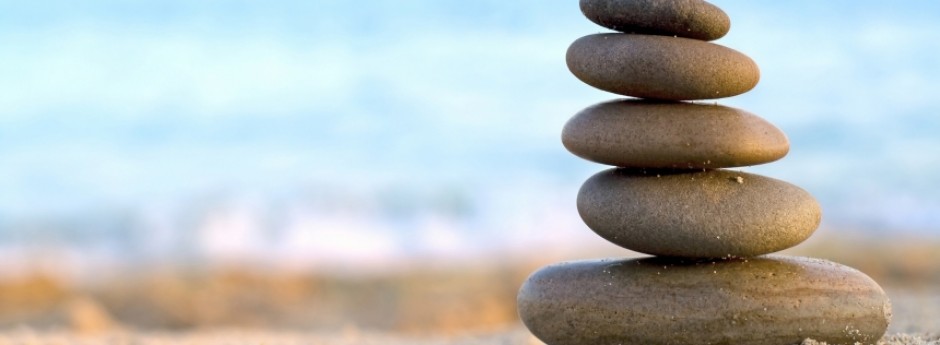There are two types of vacations that most people go on. Some people go on vacations that involve relaxing and pampering. These people are trying to escape from the reality they live in day after day and avoid any stress. Other people go on vacation to experience adventure, adrenaline and thrill. They also usually have an interest in bettering the local community and conserving the environment. This latter group are known as ecotourists. Ecotourism involves traveling to natural areas in a way that conserves the environment and improves the well-being of the locals. People who participate in these activities are often times, led to believe that they are doing some good for the local community. Expert, —— Vivanco defines ectourism as “…when conservation projects benefit local communities, and are set up with an infrastructure that vests control within local communities, that genuine ecotourism is achieved,” (Vivanco 2006, 133).
However, despite popular belief, there are many examples of how ecotourism negatively impacts the local community and environment. Below is a clip providing of the direct negative consequences of ecotourism to the environment.
Often times, ecotourism is an example of outside organizations arriving in rural areas and making what they claim to be efforts to conserve the environment. However, these organizations are more focused on profit than anything else and usually the local people suffer because how they interact with the environment has not been taken into consideration. People who are a part of these outside organizations are using a one-size-fits-all way of conserving the environment. They are assuming that since this form of conservation has been successful in other parts of the world it will be successful everywhere, when that is not the case. Often times participants (visitors) are under the impression that they are taking part in a true “local” experience when in fact, they are taking part in an experience created by the organization trying to make a profit.
In East Africa Western organizations arrived to conserve the land and its wildlife. They turned the land into a conservation and used it to have safari’s on. They made the claim that when visitors came and went on these safaris they were helping the local environment and its people. They believed they were being exposed to the true community but what Jim Igoe found was that in reality they were only contributing to the profits of this outside organization and the true community they thought they were being exposed to was actually a “constructed reality” created by the organization. They even paid people to pretend to be local Maasai people and interact with tourists. The local Maasai people suffered from this because they were pushed off their land in order for the reserve to be set up and they lost their ability to herd cattle, their main form of livelihood.
For more information on ecotourism follow the link below.
